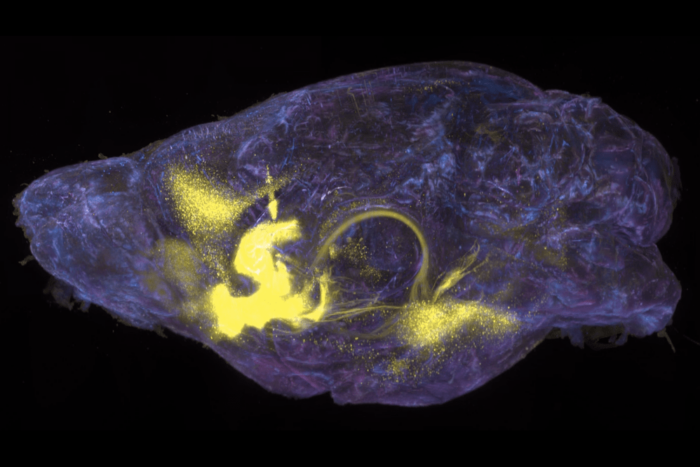Large-scale survey of clinical research participants shows mostly positive experiences
A multi-center survey of close to 5,000 volunteers who enrolled in clinical research studies, the first of its kind, shows that by and large participants feel valued and respected by investigators. But although many gave high marks to the research teams’ trustworthiness and ability to explain their protocols, the survey also revealed that a sizable minority did not feel completely prepared for the study, and that participants wanted researchers to inform them of the results of the studies.
The study, which was led by researchers in The Rockefeller University Hospital’s Center for Clinical and Translational Science, and collaborators at the National Institutes of Helath Clinical Center and the Propel Center for Population Health, included responses from participants at 15 clinical research centers including several funded by Clinical and Translational Science Awards from the NIH. It was published this week in the New England Journal of Medicine.

Clinical research participants visiting Rockefeller’s outpatient clinic discuss a study’s goals, risks and procedures before signing documents granting “informed consent.”
“We depend on research participants as our partners to advance science and medicine,” says study author Rhonda Kost, clinical research officer at The Rockefeller University Hospital. “But their experiences have never been widely measured in a scientific way. The survey we have developed gives us, for the first time, a robust method to begin understanding how effective our current processes are and provides data we can use to improve those experiences for every participant.”
The researchers distributed their 77-question survey — similar to those used by physicians’ groups and hospitals to incorporate patient feedback into quality improvement efforts — to a total of 18,890 clinical trial participants. Overall, 73 percent of those who returned the surveys rated their overall experience very highly (marking 9 or 10 on a 10-point scale), and 66 percent said they would either probably or definitely recommend research participation to friends or family. Almost all participants also said they did not feel pressure to participate.
About one-third of participants, however, felt that the “informed consent” process, during which investigators explain the study’s goals, risks and procedures, did not completely prepare them for participation, a figure the researchers say should be improved. The responses to more detailed questions provided insight into the factors contributing to positive or negative experiences.
The survey also identified a gap in communication that may serve as missed opportunity to acknowledge the partnership between researchers and participants and encourage future engagement with clinical research. Only 23 percent of participants received a summary of the results of the study, yet 85 percent indicated they would have liked to receive one.
“Participants who rated their experience highly were the ones who felt most respected, who felt they could trust the research team and who felt valued as a partner in the research process. They also wanted to be able to make contact with the research team readily when they had a question or problem. A large majority wanted to receive some feedback about the results of the study. What did the researchers learn? The survey instrument and approach are powerful tools with which researchers can work to address these and other aspects of the participant experience,” says Kost.
The research was funded, in part, by The Rockefeller University’s Clinical and Translational Science Award from the National Institutes of Health.
 |
The New England Journal of Medicine 369: 2179–2181 (December 5, 2013) Assessing participant-centered outcomes to improve clinical research Rhonda G. Kost, Laura M. Lee, Jennifer Yessis, Robert A. Wesley, David K. Henderson and Barry S. Coller |


